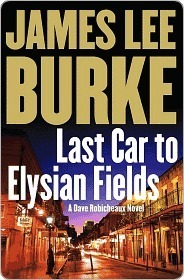What do you think?
Rate this book


330 pages, ebook
First published September 23, 2003
But every longtime cop will tell you that the criminals who scared him most were the ones who looked and talked like the rest of us and committed deeds that no one, absolutely no one, ever wants to have knowledge of.